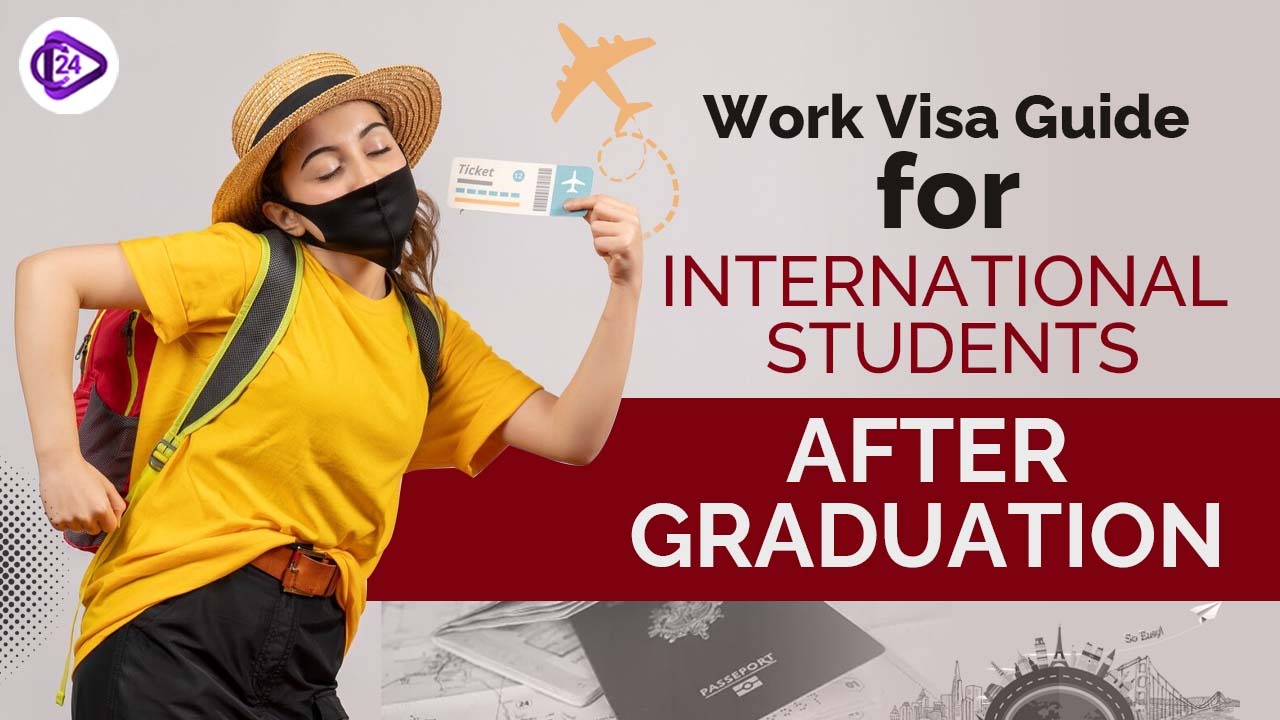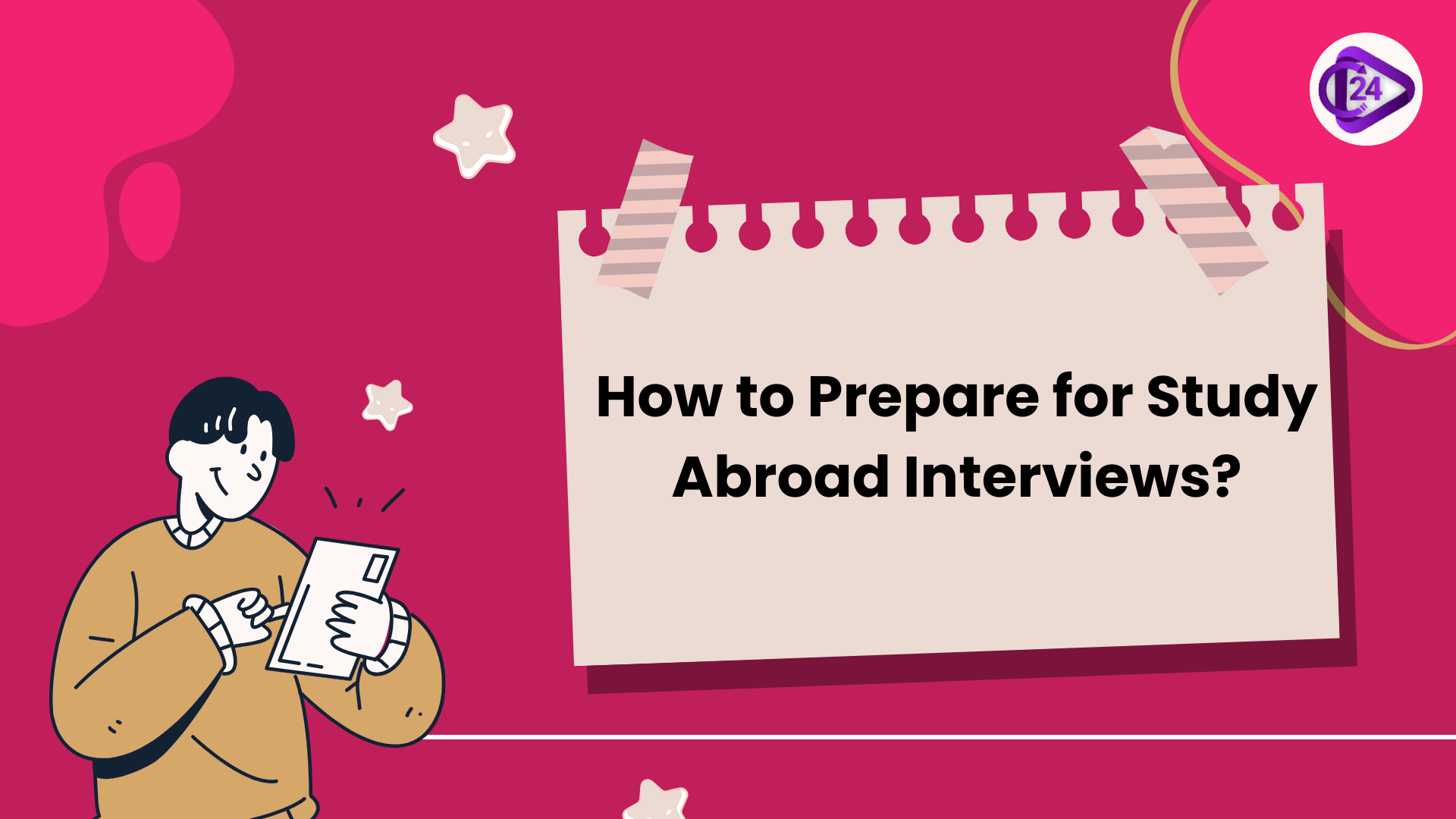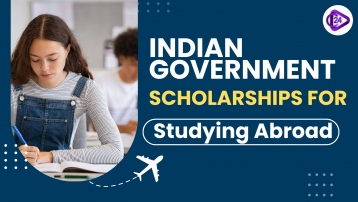Exploring Work Visas After Graduation: A Guide for International Students

Exploring Work Visas After Graduation: A Guide for International Students
Completing the education at an international university is a considerable achievement which symbolizes the effective work done and new opportunities. For many foreign students, the goal is not just an academic one— they want to work in the country of study after graduating as well. However, the above mentioned dream can only be realized if of course one is to acquire a work visa, which can be said to be a connecting factor between dreams and realities.
This comprehensive guide provides the overview of work visas, which types of work visas are there, how to apply for work visa and the issues faced by international students on work visa. Let’s go through steps on how you can use your international education as a springboard to a global career.
What you’ll learn in This Guide:
- Types of post-graduation work visas
- Steps to secure a work visa after graduation
- Country-specific visa policies and processes
- Solutions to common visa challenges
- Pathways to permanent residency
Understanding Work Visas
What Are Work Visas?
A work visa is a document or permit that entitles one to work in a given country of the world distinct from the one of origin. There are many different types of work visas depending on time, employer, or specific area of work.
Types of Work Visas:
- Post-Study Work Visas: Let graduates to test and apply their knowledge in a certain discipline.
- Employer-Sponsored Work Visas: They need being offered a job by an employer who is willing to spons his/her visa.
- Skilled Worker Visas: For specialized professionals in a few specific fields.
- Temporary Work Visas: Prevalent where the work is done at project or contract basis.
Country-Specific Work Visa Options
1. United States
Optional Practical Training (OPT):
- Who Can Apply: F-1 visa holders
- Duration: 12 months (24 months for STEM graduates)
- Key Features: Enables employment in your field of study without employer sponsorship
H-1B Visa:
- Who Can Apply: Those people with the advanced education qualification?
- Duration: 3 years renewable for a further 3 years
- Key Features: Applicants will be selected under the patronage of the employer, as a result of an annual draw.
2. Canada
Post-Graduation Work Permit (PGWP):
- Who Can Apply: The graduates from the recognized Canadian institutions
- Duration: 1–3 years possible factional difference for different programs’ duration
- Key Features: In fact, no recourse needed a job offer; could possibly lead to permanent residency.
3. United Kingdom
Graduate Route Visa:
- Who Can Apply: Those who graduated from the countries’ universities that are identified by the United Kingdom
- Duration: It takes 2 years to complete the course and 3 years for those with a Ph.D.
- Key Features: Minority participation does not need employer sponsorship.
4. Australia
Temporary Graduate Visa (Subclass 485):
- Who Can Apply: Employable cs graduates
- Duration: 18 months to 4 years
- Key Features: Reports graduates in higher education and vocational training
5. Germany
Job Seeker Visa:
- Who Can Apply: Job-seeking graduates
- Duration: 6 months
- Key Features: Results in the EU Blue Card as soon as the person gets a job.
EU Blue Card:
- Who Can Apply: Highly skilled workers
- Duration: 4 years (renewable)
- Key Features: Provides a road map to the citizenship.
6. New Zealand
Post-Study Work Visa:
- Who Can Apply: Part qualified graduates from recognised institutions
- Duration: 1–3 years
- Key Features: Work in any field
Where the rules are more detailed, then this part is dedicated to the eligibility criteria for work visas.
General Requirements:
- Student visa which is valid if the student is conducting studies.
- The recognition of the program to be completed
- Documents to show English Language Proficiency such as IELTS / TOEFL/ etc.
- Financial responsibility for the period of the visa validity
Country-Specific Requirements:
- U.S.: OPT applicants must also fill in Form I-765 about themselves.
- Canada: This implies that full time enrollment during studies is compulsory MOE, Outcomes Full time enrollment during studies is mandatory.
- Australia: Insurance is obligatory and all inhabitants have to be insurance-shipped.
Application Process to Work Permit
General Steps:
- Research Visa Options: Know on which conditions you can and cannot drive a car.
- Prepare Documents: Usual documents include academic records, certificates, valid passports, and, financial statements.
- Submit Application: There are two methods of applying, on the Internet or through immigration offices.
- Await Approval: Different; OPT in the United States takes about three months/ 90 days.
Certain factors that make it difficult for Int’l students to succeed in Universities.
1. Financial Barriers:
Many students face difficulties in covering the expenses on the visa, health insurance and personal living costs.
2. Complex Application Processes:
Omission or mistake in the documentation leads to rejection.
3. Cultural Adaptation:
It can be difficult changing the culture in the workplace.
Tips for Securing a Work Visa
- Start Early: Start planning before the completion of school.
- Gain Relevant Experience: Acceptance of internships will help you ensure that you find employers who are willing to sponsor you.
- Network Effectively: Get information from career fairs and talk to alumni.
The Scenario that Follows If Your Visa is Refused
- Explore Other Countries: Think about the areas where visa requirements are less complicated.
- Gain Experience Locally: You should also be creating a document for yourself that you could submit in the future to an employer.
- Pursue Further Studies: It is therefore important to enroll to the advanced programs for the improvement of eligibility.
Routes to obtaining PR
Canada:
Canada’s Express Entry allows individuals who held the Post-Graduation Work Permit to apply for PR.
Australia:
In the case of Australia subclass 485 visa holders can apply for PR after getting work experience.
Conclusion
It is not often easily to obtain a work visa after graduation but it is a doable task. With careful study and research, interaction with peers and employers, starting a fruitful career in international student’s field upon completion of coursework is possible. Of course, every failure gives a signal to start from where you are and build a better world for you and people around you.
FAQs
Q 1. What is a work visa, and why is it important for international students?
Ans. A work visa allows international students to work legally in a foreign country after graduation, helping them gain professional experience and potentially secure permanent residency.
Q 2. What are the common types of post-graduation work visas?
Ans. Post-graduation work visas include Optional Practical Training (OPT) in the U.S., Post-Graduation Work Permit (PGWP) in Canada, Graduate Route Visa in the UK, and Subclass 485 in Australia.
Q 3. How can international students increase their chances of securing a work visa?
Ans. Students can improve their chances by networking effectively, gaining relevant internships, maintaining full-time enrollment during studies, and ensuring accurate documentation during the application process.
Q 4. What are the major challenges faced when applying for a work visa?
Ans. Common challenges include financial barriers, complex application processes, and meeting country-specific requirements like language proficiency or insurance documentation.
Q 5. Can a work visa lead to permanent residency?
Ans. Yes, work visas like Canada’s PGWP and Australia’s Subclass 485 often provide pathways to permanent residency after gaining relevant work experience.
Contact Us
Cast Your Eyes Upon Our Newest Article
.png)
MBBS Abroad vs MBBS in India: Cost, Admission, Pros & Cons
Picking which is better MBBS in India or abroad is very important for those who wish to become doctors. Cost, the level of education, available facilities, and the possibility of getting a good ...

How to Prepare for Study Abroad Interviews 2025: Tips, Questions & Answers
How to prepare for study abroad interviews is very important for students who wish to attend their top university abroad. It may seem challenging to prepare for an interview, but you can display...
.png)
Best Education Loan in India to Study Abroad 2025
Best Education Loan in India to Study Abroad 2025 is a burning issue among students who want to get higher education in recognizable foreign universities. Many Indian students consider studying ...


.png)

.png)
.png)
